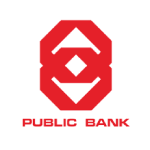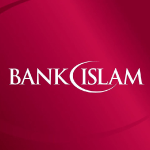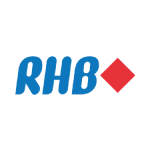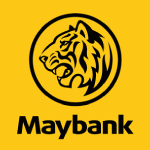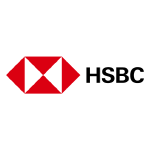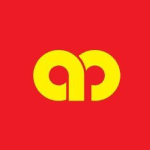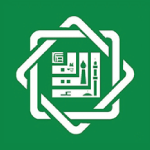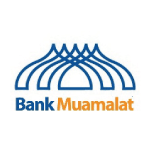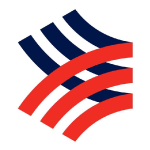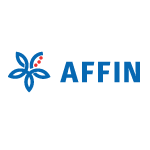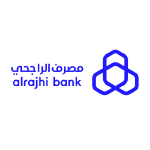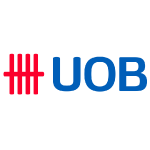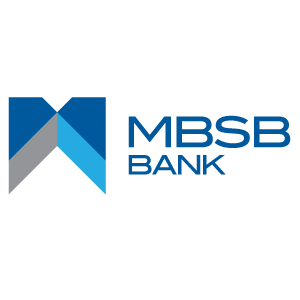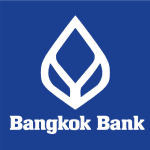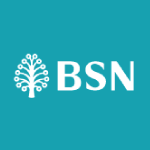What is Public Bank Home Equity Financing-i about?
Public Bank Home Equity Financing-i is a housing finance plan based on the Shariah concept of Diminishing Partnership. The interest rate is variable, tied to IBR.
Depending on your circumstance and income you can choose between a full flexible or semi-flexible package. Both the semi-flexi and full-flexi versions allow you to reduce your loan principal with any additional cash you deposit. What's more, you can withdraw any extra cash paid.
If you need a higher margin of financing is available. You can go up to 100% if you include Zero Moving Costs (ZEC), such as MRTA and legal fees, in your total financing. Of course, approval is subject to a credit check.
Can I refinance my home loan with Public Islamic Bank?
Yes, you can.
Home Equity Financing-i by Public Islamic Bank offers among the best refinance rates with tenures of up to 35 years that can help you save a lot of money for pursuing your dream goals, house renovation or even funding for children's education.
What is the difference between semi-flexi and full-flexi?
The full-flexi version links your home loan account to a current banking account, so you only pay interest on the sum of your outstanding loan principal minus the balance of the current account. Used wisely this can save you a lot of money if you keep the current account in good credit.
Naturally, you can withdraw funds whenever you wish, there are no limits and no fees for doing so. You will be charged RM10 each month for the current account and a one-time set-up fee of RM200.
For the semi-flexible version, the principle is exactly the same, only the method of banking is different. You may only withdraw funds once a month, you need to make an application at the bank to do so, and you'll be charged an RM50 fee for each withdrawal.
That's a good incentive not to withdraw funds too often.
Should I get a Full-flexible or Semi-flexible home loan?
If you have a fixed income and you don't like paying bank fees, or are certain that whatever money you bank in extra you will not bother to touch it again, then the semi-flexible option may be your best option.
On the other hand, if you have an irregular income, because you rely on commission as a portion of your salary, or because you are self-employed you may prefer a fully flexible home loan. Bank in money when times are good to create a buffer for yourself and withdraw slowly in times of need.
Do I need to buy any Takaful?
Yes. Fire Insurance is compulsory and the premium is charged annually.
MRTT is an optional insurance plan you can apply to cover the remaining balance of your home financing facility in the event of death and total permanent disablement.
What kind of documents do I need to apply for this home loan?
Property documents:
- Home Equity Financing-i application form
- A copy of SPA / Booking Receipts / Letter or Offer from the Developer
Salaried employee:
- Copy of IC (front and back)
- Latest 3 to 6 consecutive months of salary slips or vouchers or
- Latest EA From
And one of the following:
- EPF Statement ( latest not more than 1 year) or
- Latest Tax Returns and Tax Receipts or
- Employment Letter or
- Latest 3 months Bank Statement or Saving Passbook
Self-employed:
- Copy of IC (front and back)
- Latest 6 months' bank statements or
- Latest 1 year's Tax Returns and Tax Receipts
